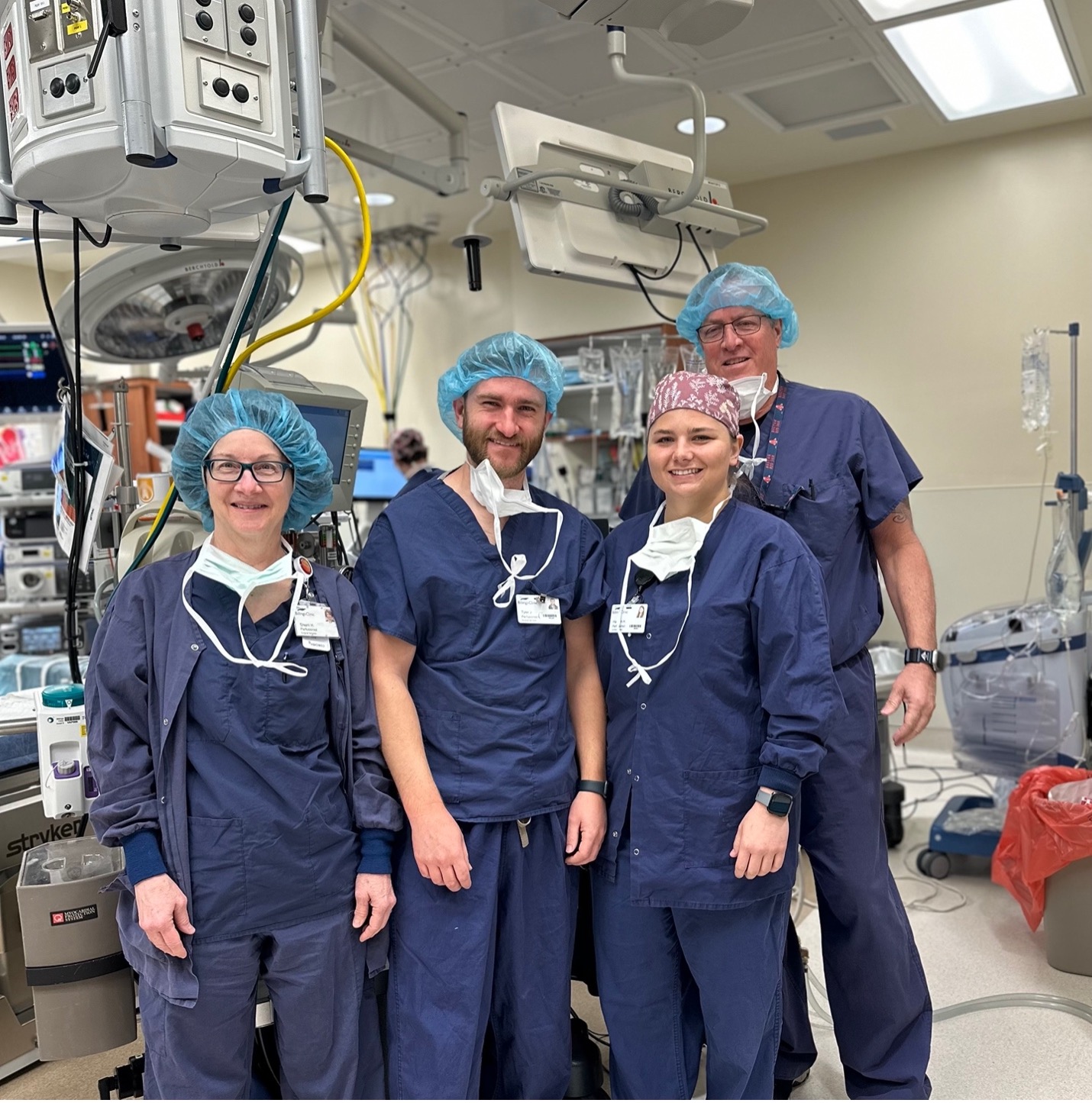The Health Department A Pillar of Public Health

The Role of the Health Department
Health departments are essential government agencies responsible for safeguarding the health and well-being of their communities. They play a crucial role in preventing the spread of diseases, promoting healthy lifestyles, and ensuring access to quality healthcare services.
Disease Prevention and Control
One of the primary functions of health departments is disease prevention and control. They monitor public health trends, investigate outbreaks, and implement measures to prevent the transmission of infectious diseases. This includes vaccination programs, contact tracing, and public health campaigns to educate the community about disease prevention.
Health Promotion and Education
Health departments also promote healthy lifestyles and provide education on various health topics. They offer programs and resources on nutrition, physical activity, tobacco cessation, and mental health. By encouraging healthy behaviors, health departments contribute to improving the overall health and well-being of the population.
Environmental Health
Environmental health is another important area of focus for health departments. They work to ensure that the environment is safe and healthy for all. This includes monitoring water quality, inspecting food establishments, and regulating hazardous materials. By addressing environmental health concerns, health departments protect the public from exposure to harmful substances.
Vital Statistics and Health Data
Health departments collect and analyze vital statistics, such as birth rates, death rates, and disease incidence. This data is used to track public health trends, identify health disparities, and inform public health policies. By understanding the health needs of their communities, health departments can allocate resources effectively and target interventions where they are most needed.
Emergency Preparedness and Response
Health departments play a critical role in emergency preparedness and response. They develop plans to address public health emergencies, such as natural disasters, epidemics, and bioterrorism. In the event of an emergency, health departments coordinate the response efforts, provide medical care, and ensure the safety and well-being of the community.
Health Services and Programs
In addition to their core functions, health departments may also offer a variety of health services and programs. These can include immunization clinics, family planning services, maternal and child health programs, and substance abuse treatment. By providing accessible and affordable healthcare services, health departments help to improve health outcomes for all members of the community.







![Unlocking Real Estate Success [Company Name] Unlocking Real Estate Success [Company Name]](https://images.unsplash.com/photo-1583142499515-db3e66a57bdc?fm=jpg&q=60&w=3000&ixlib=rb-4.1.0&ixid=M3wxMjA3fDB8MHxzZWFyY2h8N3x8cmVhbCUyMGVzdGF0ZSUyMGludmVzdG1lbnQlMjBjb21wYW55fGVufDB8MHwwfHx8Mg%3D%3D)

